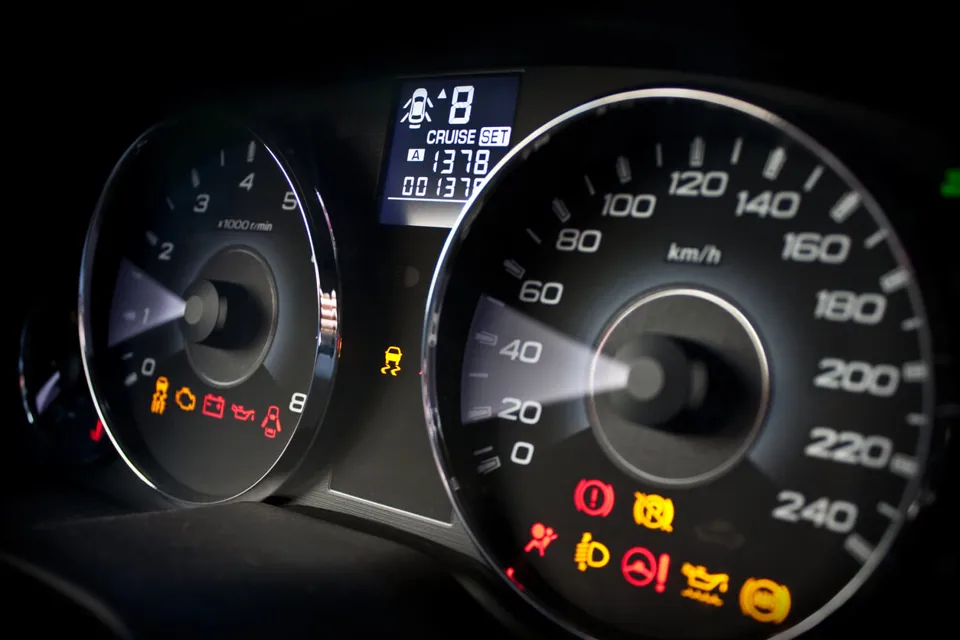The Government says it will investigate whether tough new laws should be introduced to tackle the growing problem of clocking.
The number of clocked cars believed to be on UK roads has almost trebled in the past six years, from 600,000 in 2010 to 1.7 million today.
HPI, a car checking company, estimates that used car buyers now have a one in 20 chance of purchasing a vehicle with a mileage discrepancy.
The remarketing and leasing industries have long called for a change in the law. Currently, while it is fraud to
knowingly sell a clocked car without disclosing the fact, it is not illegal to alter the odometer’s mileage.
Danny Herbert, policy officer at the Department for Transport (DfT), says the Government will seek industry views on whether existing legislation is fit for purpose. It will then consider whether further action is required based on responses to the consultation.
“We are aware that some sections of the industry are in favour of outlawing the adjustment of the odometer more widely,” he said in a letter to the National Association of Motor Auctions (NAMA). “However, the response to the consultation may provide a fuller picture of industry’s views on this.”
Welcoming the Government review of existing legislation, NAMA director Sue Robinson said: “We believe further action is essential as odometer fraud has been causing problems not only to auctions, but also to the whole industry.”
Unscrupulous fleet operators and individuals looking to avoid excess mileage charges, and secure more favourable leasing terms, were turning to mileage correction companies to clock the vehicle before they returned it.
The problem has persisted, with a recent investigation by consumer group Licensed Transport Uncovered (LTU) discovering hundreds of private hire, minicab and chauffeur-driven vehicles in the north west of England, many of which were leased, operating with clocked mileage.
By far the worst case it uncovered was a private hire vehicle where 460,000 miles had been wiped from the odometer. Out of the 330 clocked cars it found in the north west of England, about 80 million miles had been removed. UK-wide, LTU believes hundreds of millions of miles must have been wiped thanks to clocking.
The Local Government Association (LGA) is calling for a proposed EU ban on companies providing mileage correction services to be retained under UK law, and to be brought forward from its planned introduction in May 2018.
It is also calling for mileage correction devices – widely available for sale online for about £120 – to be banned.
Council trading standards teams have secured several clocking prosecutions recently. They included five men from the same family who were jailed for a total of 18 years and three months for conspiring to clock more than four million miles off cars in a professional operation. Mileages on
vehicles had been lowered by as much as 125,000 miles.
The British Vehicle Rental and Leasing Association (BVRLA) wants mileage adjustment companies to be licensed by the Driver and Vehicle Standards Agency (DVSA).
Gerry Keaney, BVRLA chief executive, explained: “We believe this would help protect leasing companies who may inadvertently sell a vehicle that has had its mileage adjusted by a lessee.”
The BVRLA operates its own vehicle mileage database to help protect against clocking. It contains more than 29 million records, including in-life service mileages as well as end-of-contract figures. “We believe it covers around 85% of the member fleet by volume,” said Keaney.
Private buyers and traders can access the data through companies including Experian and Cap HPI, in order to verify a vehicle’s mileage.
However, Keaney concluded: “Until every car on the road is a connected vehicle that sends back odometer readings at regular intervals, the issue of clocking needs to be addressed.”




















Login to comment
Comments
No comments have been made yet.